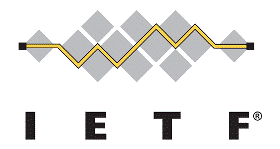This standard describes specific methodologies to help users certify how they worked to address and eliminate issues of negative bias in the creation of their algorithms, where "negative bias" infers the usage of overly subjective or uniformed data sets or information known to be inconsistent with legislation concerning certain protected characteristics (such as race, gender, sexuality, etc.); or with instances of bias against groups not necessarily protected explicitly by legislation, but otherwise diminishing stakeholder or user well-being and for which there are good reasons to be considered inappropriate. Possible elements include (but are not limited to): benchmarking procedures and criteria for the selection of validation data sets for bias quality control; guidelines on establishing and communicating the application boundaries for which the algorithm has been designed and validated to guard against unintended consequences arising from out-of-bound application of algorithms; suggestions for user expectation management to mitigate bias due to incorrect interpretation of systems outputs by users (e.g. correlation vs. causation)
You can look here for a preview of the Standard Document
Development Status: Under development
https://2020.standict.eu/standards-watch/ieee-p7003-algorithmic-bias-considerations











